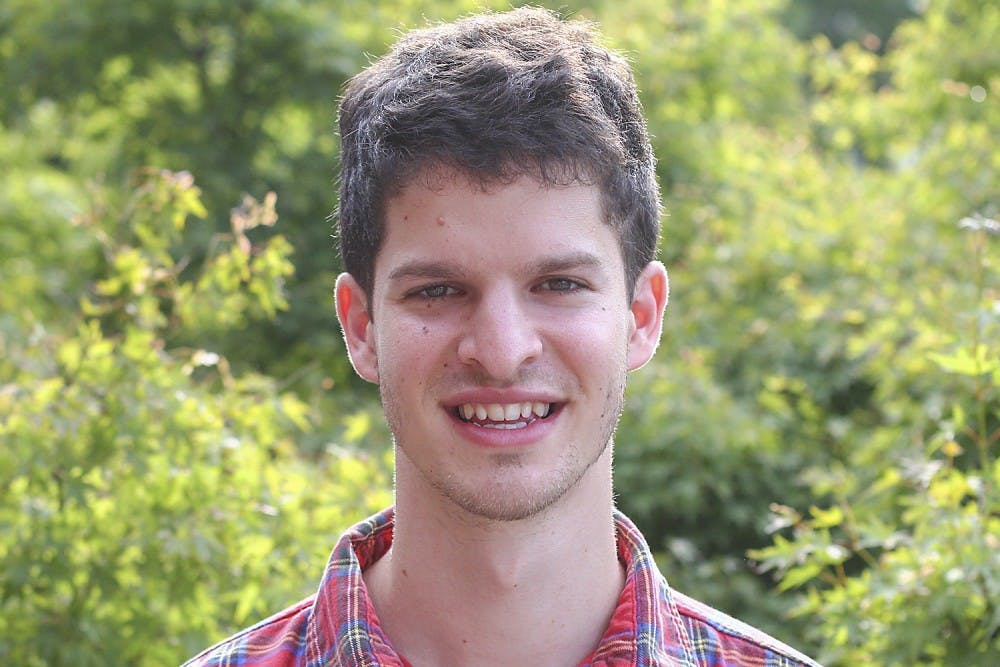The run up to the Super Bowl showcases an annual re-up in the tight bond between the sports world and American troops abroad. Although the extreme pressure of the occasion brought the Seahawks and Patriots to blows Sunday night, the teams were aligned in their admiration of the troops.
Star safety Kam Chancellor offered thanks to the troops from the Seahawks and the 12th man, the moniker for Seattle’s rabid fan base.
Vince Wilfork, the all-too-big Patriots lineman, displayed humility in the midst of the media madness.
“Thank you for everything you guys do for us,” he said. “You guys are the true patriots. You are everything we want (to be), so thank you for all the service you guys provide for us.”
Tributes to the troops often come across like Wilfork’s — a genuine appreciation for the danger they put themselves through for this country.
Some of my more liberal friends may scoff at this ritual reverence, but I can get down with public support for the troops. But we don’t back up our words with action.
After Sunday’s game, I picked up a book my parents bought me for Chanukah, “Just Mercy,” by Bryan Stevenson. The book is full of rich stories about societal condemnation, but this passage stood out to me:
“By the mid-1980s, nearly 20 percent of the people in jails and prisons in the United States had served in the military. While the rate declined in the 1990s as the shadows cast by the Vietnam War began to recede, it has picked up again as a result of the military conflicts in Iraq and Afghanistan.”
According to the Department of Defense, 230,000 soldiers and veterans suffered traumatic brain injuries between 2001 and 2014 as a result of exposure to blasts. If history repeats itself, the difficulty of carrying this trauma back to civilian life will cause a lot of Iraq and Afghanistan veterans to end up homeless or incarcerated.



